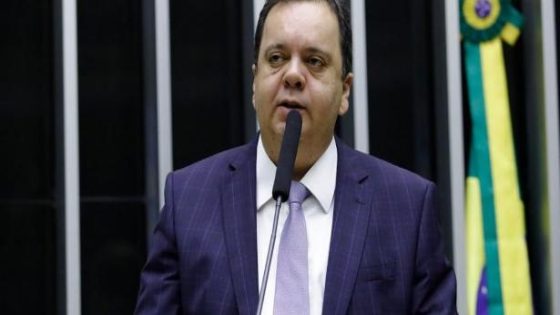Negotiations for salary adjustments for public servants in Fortaleza and the State of Ceará are underway, with key decisions expected soon. As of February 19, 2025, unions are actively discussing proposals with government representatives to address inflation and real wage increases.
- Public sector salary adjustments under negotiation
- State proposal includes inflation compensation
- Mova-se demands higher salary increase
- Fortaleza's management delayed response on adjustments
- Servants request 12.84% salary increase
- Ongoing discussions with public service unions
Public Servants in Ceará Await Salary Adjustments Amid Ongoing Negotiations
What will the outcome of the salary negotiations mean for public servants in Ceará? As unions and government officials engage in discussions, the stakes are high. The latest round of negotiations took place on February 14, with a follow-up scheduled for February 21. Unions are pushing for at least an inflation adjustment of 4.83%, while also seeking additional increases to reflect economic growth.
Key Proposals and Union Demands in Fortaleza’s Salary Negotiations
The discussions surrounding salary adjustments are heating up, with unions presenting their demands clearly. The Sindicato dos Trabalhadores no Serviço Público Estadual do Ceará (Mova-se) has proposed an 8.67% increase, which combines inflation and economic growth. Meanwhile, the Fortaleza administration is expected to respond to union requests soon.
Understanding the Current Proposals and Union Strategies
Unions are advocating for significant changes to salary structures. Here are the key points from the ongoing negotiations:
- Proposals include a minimum adjustment for inflation (4.83%).
- Unions demand a real wage increase beyond just inflation compensation.
- Next negotiation round is set for February 21.
- Fortaleza’s administration has requested additional time to respond to union proposals.
Impact of Salary Adjustments on Public Servants’ Lives
The outcome of these negotiations will significantly affect public servants in Fortaleza and the State of Ceará. With rising living costs, adequate salary adjustments are essential for maintaining financial stability. Public servants have expressed concerns about the sufficiency of proposed increases, emphasizing the need for a more substantial response from the government.
Future Implications for Labor Relations in Brazil
The ongoing negotiations serve as a critical case study for labor relations in Brazil. As unions advocate for fair compensation, the outcomes could influence future negotiations across various sectors. Observers are keenly watching how these discussions unfold, as they may set precedents for similar labor movements in the country.
In conclusion, the negotiations for salary adjustments in Ceará are a pivotal moment for public servants. As unions and government officials continue their discussions, the results will impact not only the livelihoods of many but also the broader landscape of labor relations in Brazil.































